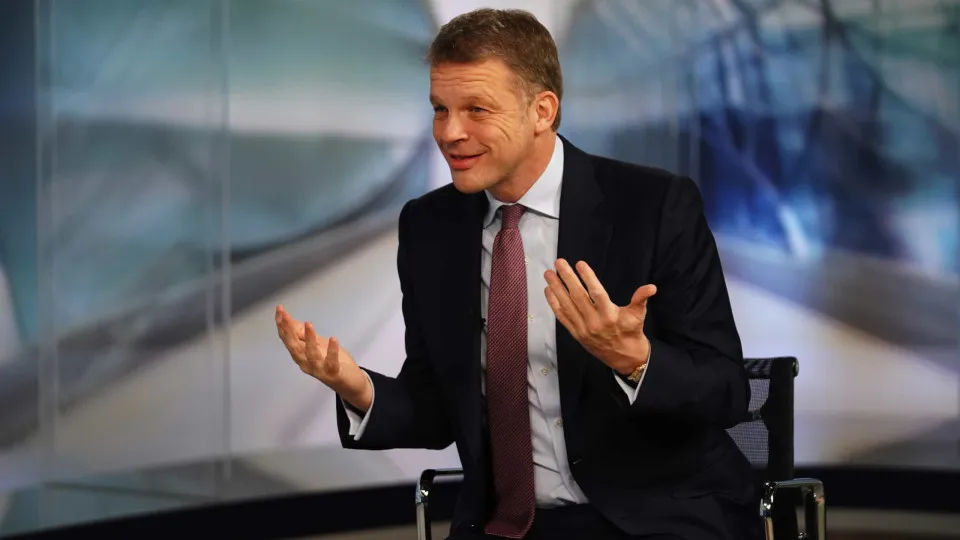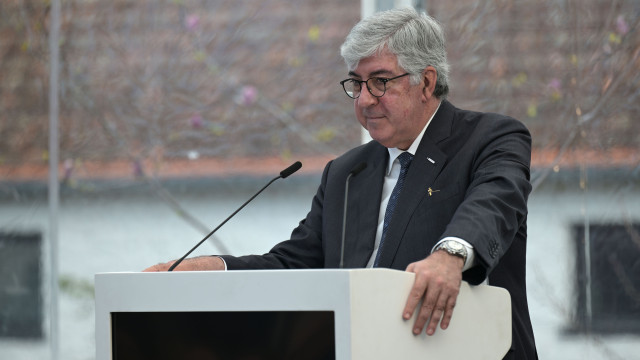
Sewing highlighted the urgency of reducing bureaucracy, speeding up permits, lowering energy prices, reforming the social system, and increasing labor market flexibility.
The banker further considers that Germany’s reforms could drive other European countries to implement changes as well.
“For that to happen, the German government must also lead in economic policy, as German Chancellor Friedrich Merz already successfully did in foreign policy,” Sewing emphasized.
For the CEO of Deutsche Bank, international investors have considerable interest in Germany but seek tangible progress and won’t wait indefinitely.
“The biggest economic risk for Germany is not tariffs or other trade barriers but our lack of enthusiasm, our caution, our complexity,” stated Sewing.




